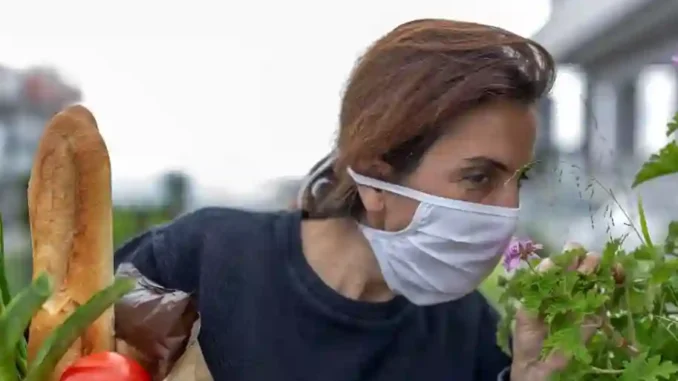
In today’s bustling world , the Control Food Contamination and dining out often overshadows the importance of food safety. However, with the rise of food-related illnesses and contamination scares, it’s vital to take control of what we put on our plates. From pesticides to pathogens, the threats to our food safety are diverse and ever-present. Here are some practical tips to help you safeguard your meals and make informed choices.
Know Your Sources
Opt for trusted suppliers and brands with transparent sourcing practices. Whether it’s your local farmers’ market or a reputable grocery store, inquire about where your food comes from and how it’s produced.
Read Labels
Take the time to read ingredient lists and nutritional labels. Look out for additives, preservatives, and artificial colorings, as well as potential allergens. Understanding what goes into your food empowers you to make healthier choices.
Choose Organic
While it may come at a slightly higher price point, organic produce is grown without synthetic pesticides and fertilizers, reducing your exposure to harmful chemicals. Additionally, organic farming practices prioritize soil health and biodiversity.
Wash Produce Thoroughly
Before consuming fruits and vegetables, rinse them under cold, running water to remove dirt, bacteria, and pesticide residues. Use a produce brush for firmer items like potatoes and cucumbers.
Practice Proper Food Storage
Maintain your refrigerator at the recommended temperature (below 40°F or 4°C) to slow the growth of bacteria. Store raw meats separately from other foods to prevent cross-contamination, and use airtight containers to preserve leftovers.
Cook Food Thoroughly
Cooking food to the appropriate internal temperature kills harmful bacteria and parasites. Invest in a food thermometer to ensure that meats, poultry, seafood, and leftovers are cooked to safe temperatures.
Be Mindful of Food Recalls
Stay informed about food recalls and advisories issued by health authorities. Sign up for email alerts or follow reliable news sources to receive timely updates on potential food safety concerns.
Practice Safe Handling
Wash your hands frequently, especially before preparing meals and after handling raw meat, poultry, or eggs. Use separate cutting boards and utensils for raw and cooked foods to prevent cross-contamination.
Limit Processed Foods
Processed foods often contain high levels of salt, sugar, and unhealthy fats, along with additives and preservatives. Incorporate more whole, unprocessed foods into your diet to minimize your exposure to potentially harmful ingredients.
Trust Your Instincts
If something smells, looks, or tastes off, don’t hesitate to discard it. Trusting your senses is a crucial aspect of food safety, helping you avoid consuming contaminated or spoiled food.
By implementing these practical strategies, you can take control of what you eat and reduce your risk of foodborne illness. Remember, prioritizing food safety isn’t just about protecting yourself—it’s about fostering a healthier and more sustainable food system for everyone. Stay vigilant, stay informed, and savor each meal with confidence and peace of mind.
Leave a Reply